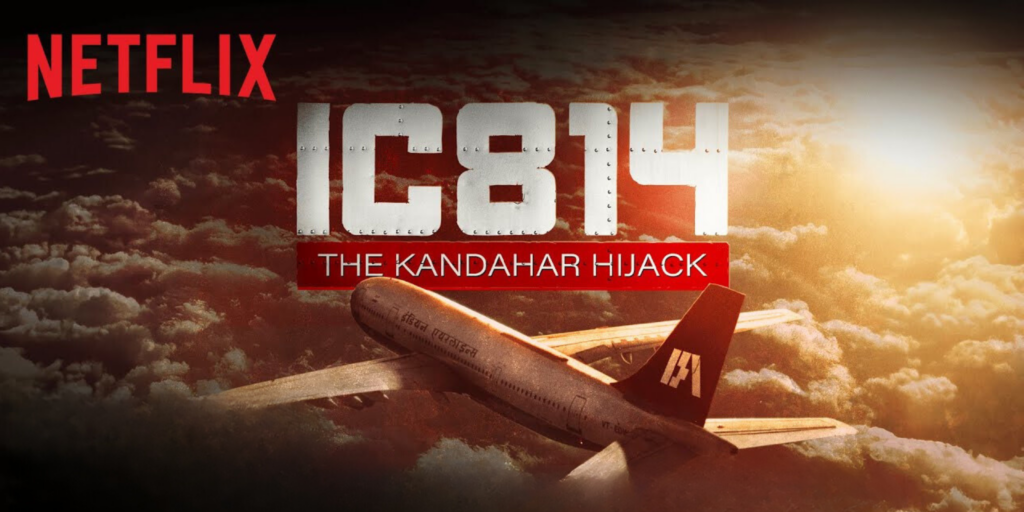
In the turbulent intersection of artistic license and historical accuracy, a storm has erupted around the web series “IC 814 – The Kandahar Hijack,” prompting the Indian government to summon Netflix India’s content head, Monika Shergill, for an explanation. This high-profile intervention underscores the sensitivity and gravity of the situation, with the web series facing accusations of historical distortion and the whitewashing of terrorism.
The controversy centers on the series’ portrayal of the 1999 hijacking of Indian Airlines flight 814, a traumatic incident etched in the national memory. It was a harrowing week where 191 passengers and crew were held hostage, their lives dangling precariously as India grappled with the demands of the hijackers. The ordeal ended with the release of three dreaded terrorists from Indian prisons, a bitter pill to swallow for a nation scarred by the experience.
The series, helmed by Anubhav Sinha and Trishant Srivastava, drew inspiration from the book “Flight Into Fear: The Captain’s Story,” co-authored by Captain Devi Sharan, the pilot of the ill-fated flight, and journalist Srinjoy Chowdhury. Featuring a stellar cast including Naseeruddin Shah, Vijay Varma, and Pankaj Kapur, the series promised a dramatic retelling of the events. However, it has found itself mired in controversy, accused of taking liberties with the historical narrative.
The flashpoint of the contention lies in the series’ alleged alteration of the hijackers’ names. Social media has erupted with claims that the series deliberately changed the names of two of the hijackers to “Bhola” and “Shankar,” names typically associated with Hindus. This has ignited a firestorm of criticism, with many accusing the filmmakers of a deliberate attempt to distort history and downplay the role of Pakistan-based terrorist outfit Harkat-ul-Mujahideen in the hijacking.
The government’s summoning of Netflix India’s content head underscores the seriousness of these allegations. The Union Information and Broadcasting Ministry seeks an explanation on the allegedly contentious aspects of the series. This development highlights the delicate tightrope that creators walk when dramatizing real-life events, especially those that continue to evoke strong emotions and national sensitivities.
While the filmmakers may argue that they took creative liberties to enhance the narrative, the backlash underscores the importance of historical accuracy, especially when dealing with sensitive subjects like terrorism. Critics contend that such alterations can lead to the misrepresentation of facts and potentially whitewash the crimes of those involved.
The controversy also reignited debates on the power of cinema and its potential to influence public perception. As BJP leader Amit Malviya pointedly noted, the use of non-Muslim names for the hijackers could lead to future generations believing Hindus were responsible for the hijacking. This raises critical questions about the responsibility of filmmakers and content creators in portraying historical events.
The “IC 814” controversy is a stark reminder that the line between artistic freedom and historical responsibility is often blurred. As this saga unfolds, it will likely fuel further discussions about the portrayal of sensitive events in popular culture and the need for creators to strike a balance between narrative engagement and historical fidelity. The outcome of the government’s inquiry remains to be seen, but the controversy has undoubtedly cast a long shadow over the web series and ignited a broader conversation about the representation of history on screen.




